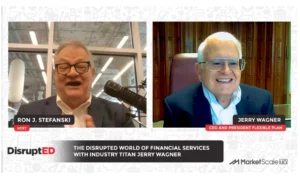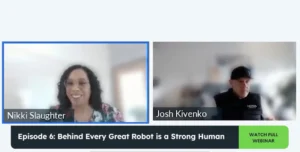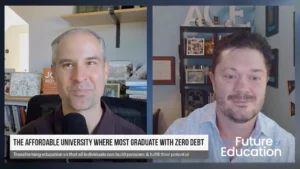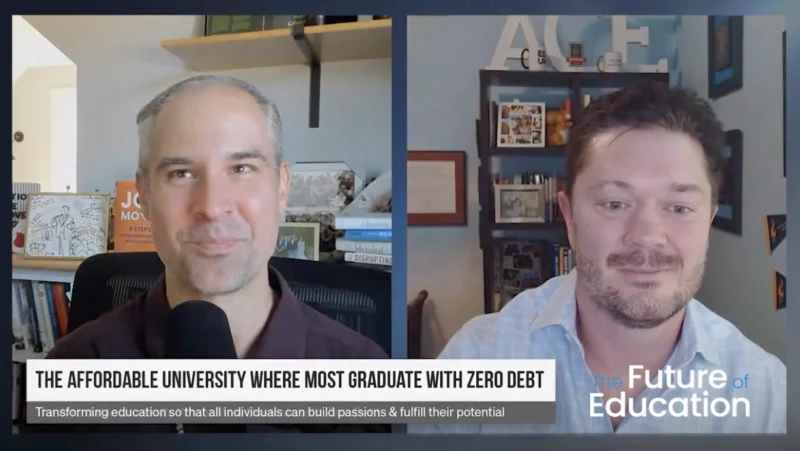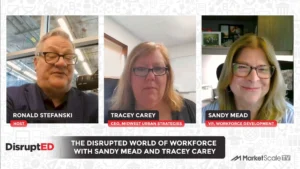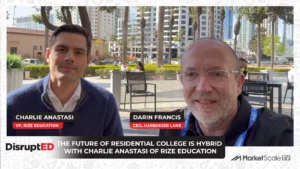Why Businesses and Universities are Implementing Micro-Credentialing
Brady Colby, founder and CEO of Thirty Two Edu, joined the show to talk about the growing importance of micro-credentialing and the potential downfall of many universities.
Online learning has taken a front and center role in the world of education in light of the pandemic. While some universities and higher education institutions have met the challenge with scalable hybrid programs, others are scrambling to rise to the demand of remote learning. Brady talked about how some of the most successful schools have been smaller institutions that had already offered hybrid programs, while some of the bigger schools are the ones that are suffering. “These schools that you would never expect are really the ones that are able to scale because of the opportunities provided here,” he said.
Host JW Marshall asked for Brady’s thoughts about the future of education and how micro-credentialing fits into it. Brady pointed out that most employers don’t feel that people are coming out of higher education with all the necessary skills for employment, which is where the opportunity for micro-credentialing really came from. “It’s really about understanding the local and national employment situation and what skills are necessary for employment and moving up the ladder,” said Brady. With micro-credentialing, workers can obtain hyper-focused skills at a much faster, and more affordable, rate than taking full courses at a university, and those skills can be more immediately relevant to their role.
Brady talked about how the current curriculum lengths for degrees are possibly outdated. “There’s some underlying assumptions about how things have to work in higher education that we have to challenge and we have to talk through before we come out on the other side with a real clear idea of the mission. I think the hand has kind of been forced on that now,” he said, musing on the seemingly unspoken, and maybe unnecessary, agreement on a 120 credit-hour bachelor’s degree.
One thing is for sure. With the rise of micro-credentialing, JW said it best: “Colleges aren’t the only game in town anymore.”
Stay Tuned for a New Episode Monday!





